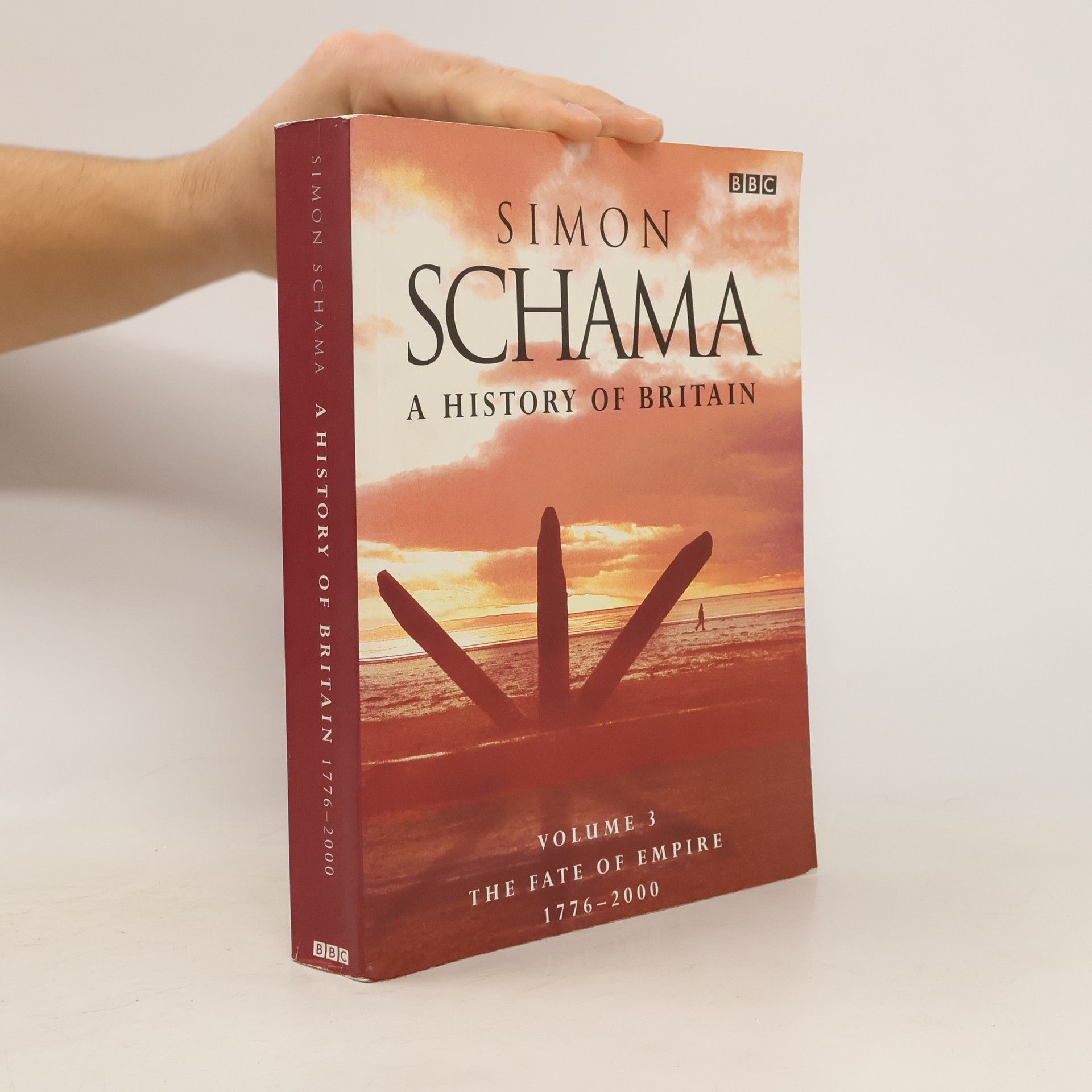Simon Schama Boeken
Simon Schama staat bekend om zijn boeiende vertelstijl, waarmee hij geschiedenis en kunst tot leven brengt met levendige proza en meeslepende verhalen. Zijn werk kenmerkt zich door een flair voor beschrijving die zelfs obscure onderwerpen toegankelijk maakt, en lezers met levendige details en aansprekende taal het verleden intrekt. Hoewel hij wordt geprezen om zijn vermogen om een breed publiek aan te spreken, roept zijn aanpak soms kritiek op van subjectiviteit en populisme uit academische kringen. Schama's methode benadrukt het belang van narratief en stilistische flair, met als doel de sfeer en historische context op te roepen in plaats van alleen feiten te presenteren.

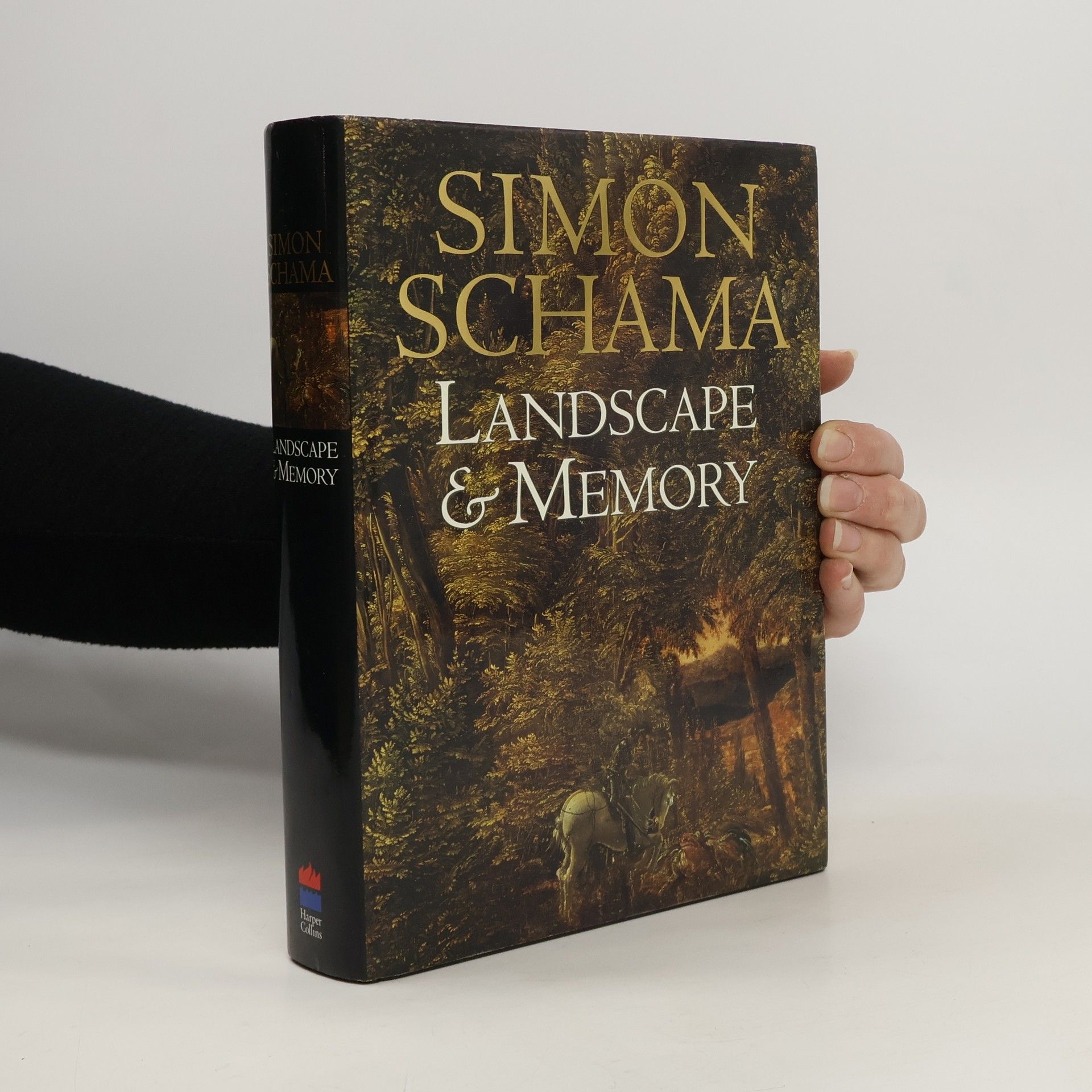
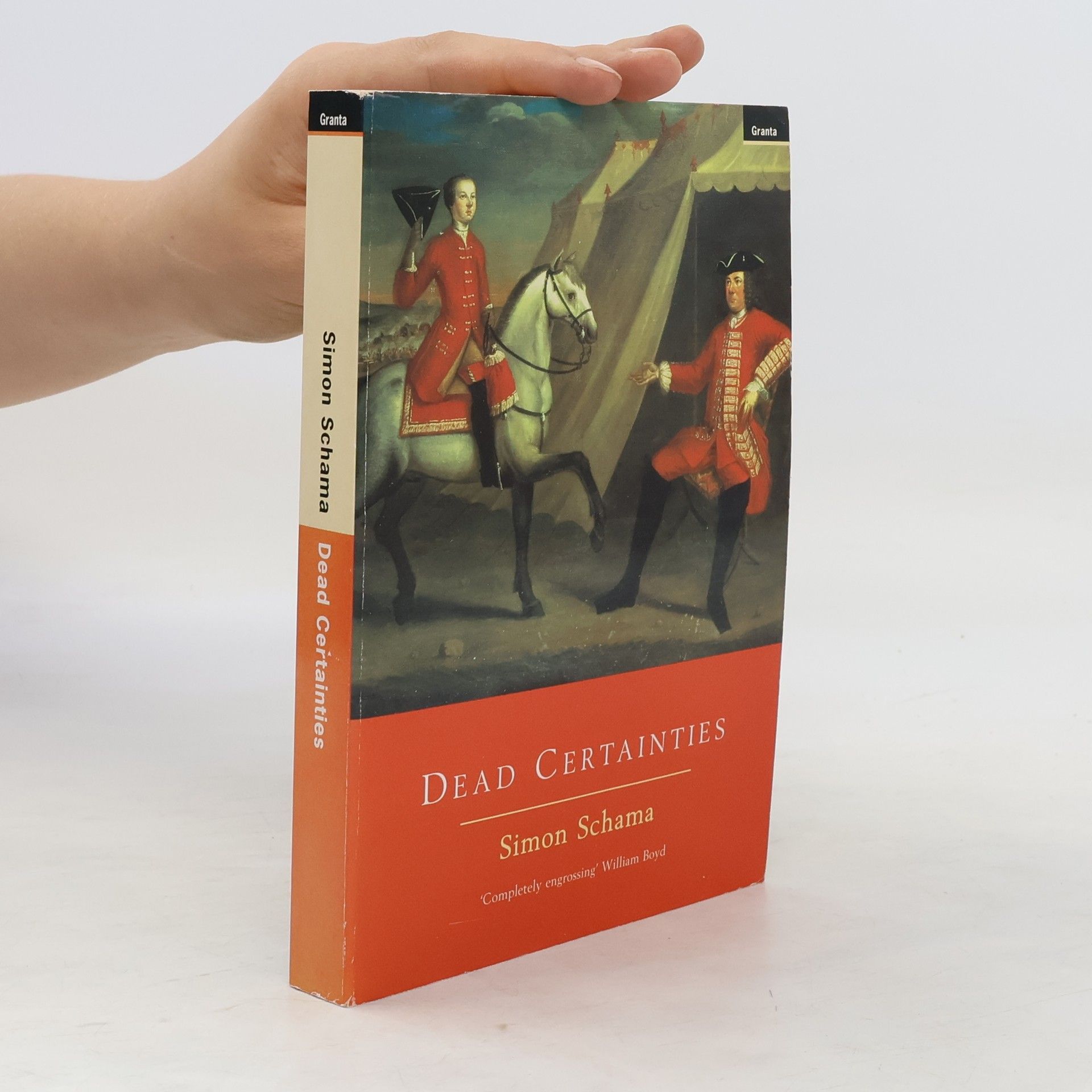
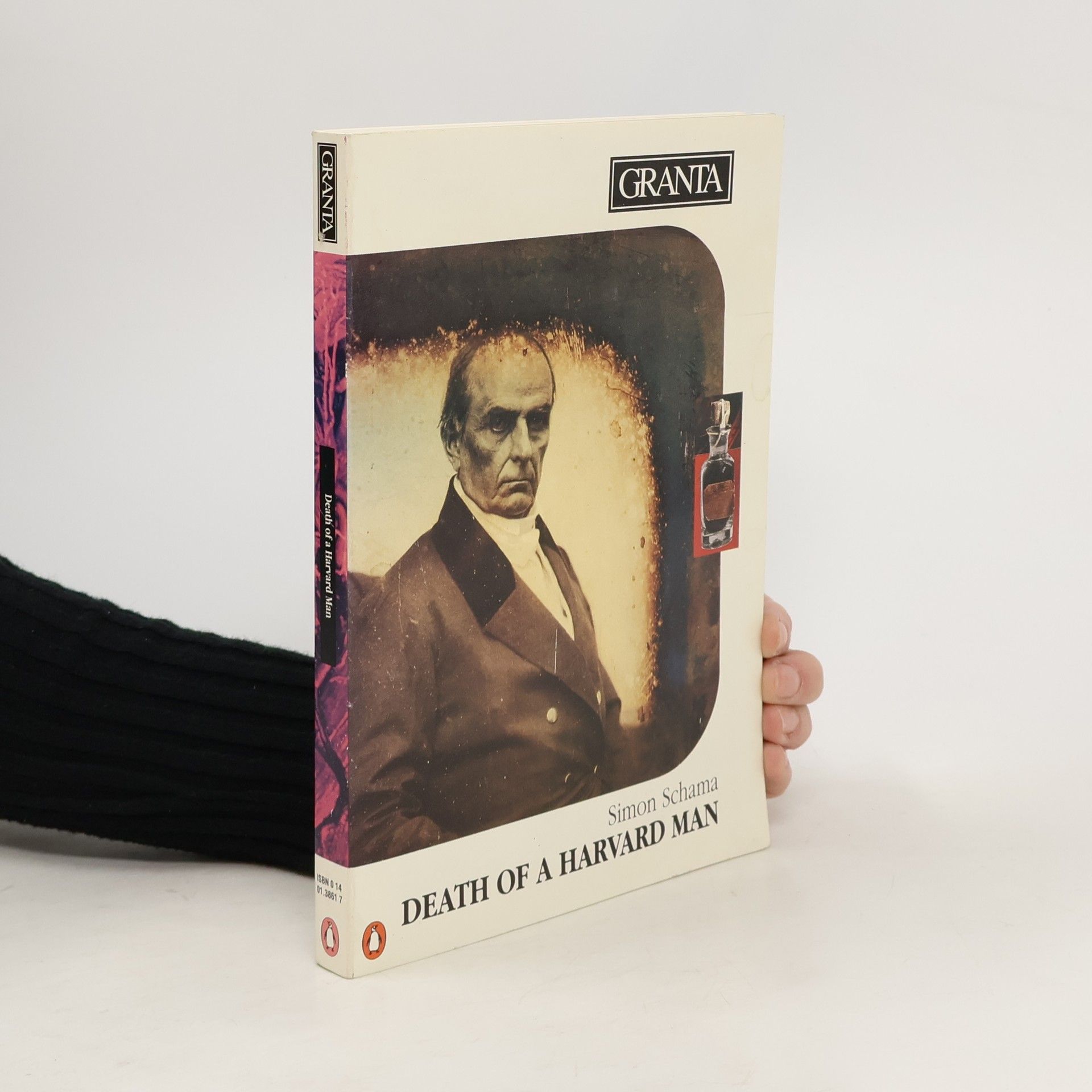


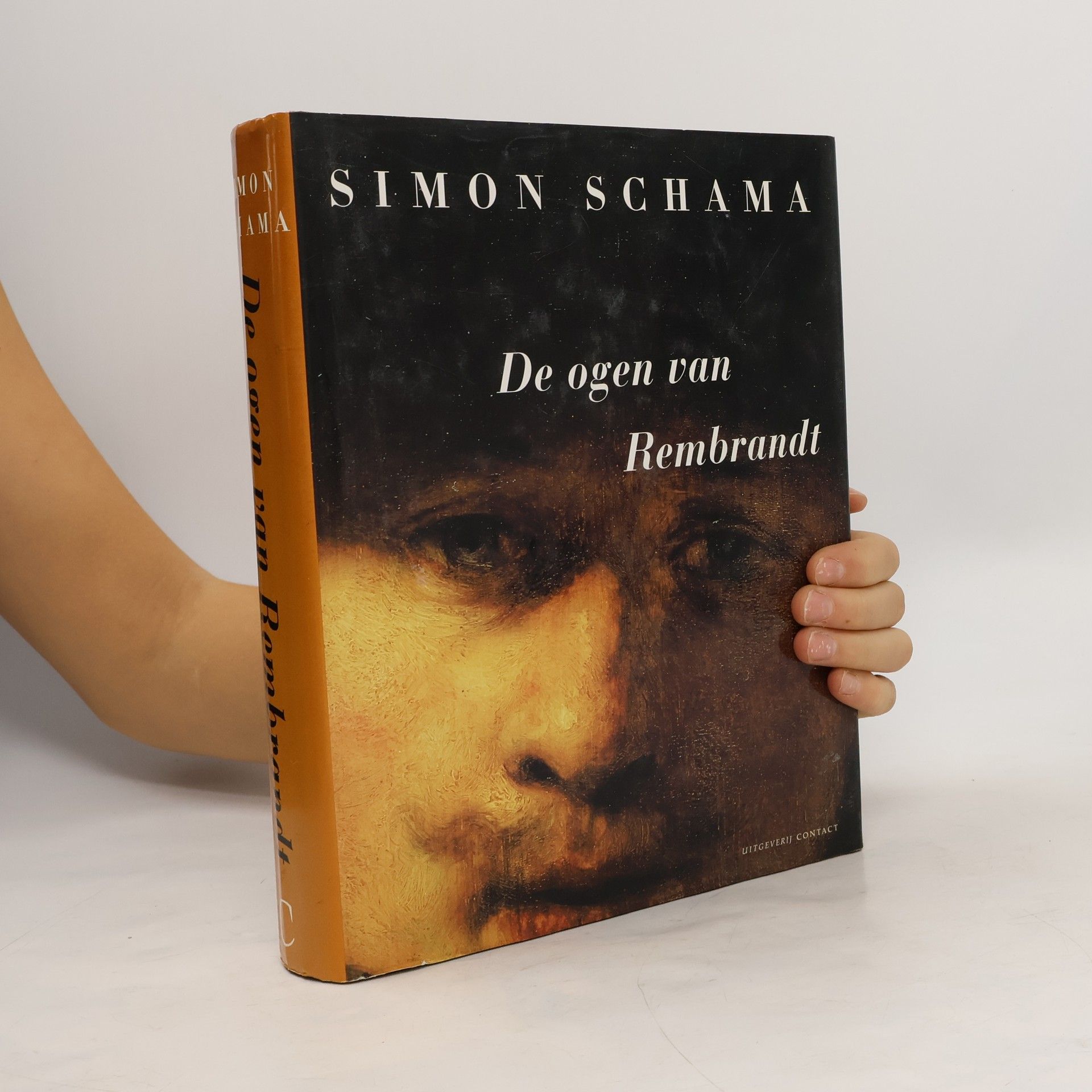
Rembrandt's Eyes. Rembrandts Augen, englische Ausgabe
- 750bladzijden
- 27 uur lezen
This dazzling, unconventional biography shows us why, more than three centuries after his death, Rembrandt continues to exert such a hold on our imagination. Deeply familiar to us through his enigmatic self-portraits, few facts are known about the Leiden miller's son who tasted brief fame before facing financial ruin (he was even forced to sell his beloved wife Saskia's grave). The true biography of Rembrandt, as Simon Schama demonstrates, is to be discovered in his pictures. Interweaving of seventeenth-century Holland, Schama allows us to see Rembrandt in a completely fresh and original way.
Belonging. The Story of The Jews 1492-1900
- 784bladzijden
- 28 uur lezen
The words that failed were words of hope. But they did not fail at all times and everywhere. These gripping pages teem with words of defiance and optimism, sounds and images of tenacious life and adventurous modernism, music and drama, business and philosophy, poetry and politics.
Death of a Harvard man
- 252bladzijden
- 9 uur lezen
Simon Schama sets out to discover which story, if any story, is the story of the many stories of the disappearance of Doctor George Parkman, the perfect Yankee. Plus: William Boyd, Geoffrey Wolff, Louise Erdrich, Don DeLillo, Amitav Ghosh, and Martin Amis’s Time’s Arrow (part two).
Simon Schama, the author of "The Embarrassment of Riches" and "Citizens", sets out to tell the history of two certainties, of two deaths. In discussing the "speculations" surrounding them, he finds himself involved in a history he cannot classify - the unpredictable history of stories. On 13 September 1759, General James Wolfe, having led the British troops up the St Lawrence to victory in the Battle of Quebec, died on the Heights of Abraham. Schama examines this death, and how Wolfe was made to die again - through the spectacular painting by Benjamin West, and through the writings of the 19th-century historian Francis Parkman. Schama's second death concerns Parkman's uncle, George Parkman of Harvard Medical College, who disappeared in 1849 in mysterious circumstances and who was rumoured to have been murdered by a colleague. Through these incidents, Schama sheds light on the writing of history, the history of history, and the relationship of "story" to "history".
Landscape and Memory
- 652bladzijden
- 23 uur lezen
An extraordinary book that explores how the earth itself has shaped the Western imagination and how, as a result, our interaction with the environment is far richer and more complex than today's doomsayers would have us believe.
Rembrandt's Eyes
- 768bladzijden
- 27 uur lezen
For Rembrandt, as for Shakespeare, all the world was indeed a stage, and he knew in exhaustive detail the tactics of its performance: the strutting and mincing, the wardrobe and face-paint, the full repertoire and gesture and gimace, the flutter of hands and the roll of the eyes, the belly-laugh and the half-stifled sob. He knew what it looked like to seduce, to intimidate, to wheedle and to console; to strike a pose or preach a sermon, to shake a fist or uncover a breast; and how to sin and how to atone. No artist had ever been so fascinated by the fashioning of personae, beginning with his own. No painter ever looked with such unsparing intelligence or such bottomless compassion at our entrances and our exits and the whole rowdy show in between.
Allen Lane History: Rembrandt's Eyes
- 768bladzijden
- 27 uur lezen
For Rembrandt, as for Shakespeare, all the world was indeed a stage, and he knew in exhaustive detail the tactics of its performance: the strutting and mincing, the wardrobe and face-paint, the full repertoire and gesture and gimace, the flutter of hands and the roll of the eyes, the belly-laugh and the half-stifled sob. He knew what it looked like to seduce, to intimidate, to wheedle and to console; to strike a pose or preach a sermon, to shake a fist or uncover a breast; and how to sin and how to atone. No artist had ever been so fascinated by the fashioning of personae, beginning with his own. No painter ever looked with such unsparing intelligence or such bottomless compassion at our entrances and our exits and the whole rowdy show in between.
Schama completes his three-volume history of Britain to accompany the BBC TV series. This period, 1770-2000, covers a variety of themes and key British characters. First, the Romantic generation turned Nature into a revolutionary force, followed by the creative Victorians seeking a better world.
Simon Schama explores the forces that tore Britain apart during two centuries of dynamic change - transforming outlooks, allegiances and boundaries. But as wars of religious passions gave way to campaigns for profit, the British people did come together in the imperial enterprise of 'Britannia Incorporated'.


